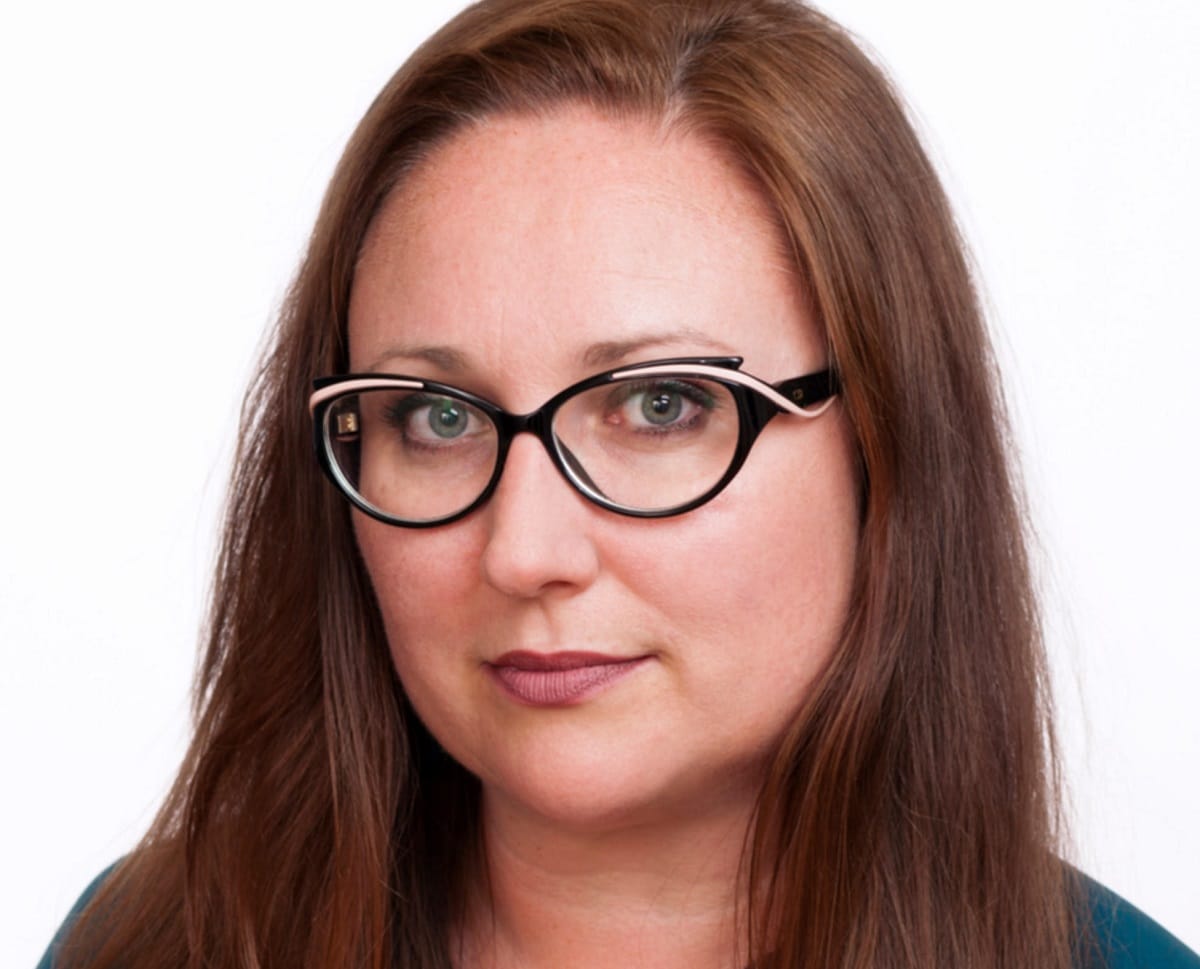Privacy and Human Rights Should Not Become Afterthoughts During the Coronavirus Pandemic
May 2, 2020—News about the coronavirus pandemic “shouldn’t be an avalanche that buries” news on human rights, said David Kaye, a law professor at the University of California, Irvine, at a Thursday webinar hosted by the George Washington Elliott School of International Affairs. Kaye criticized the w











Member discussion